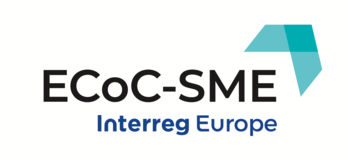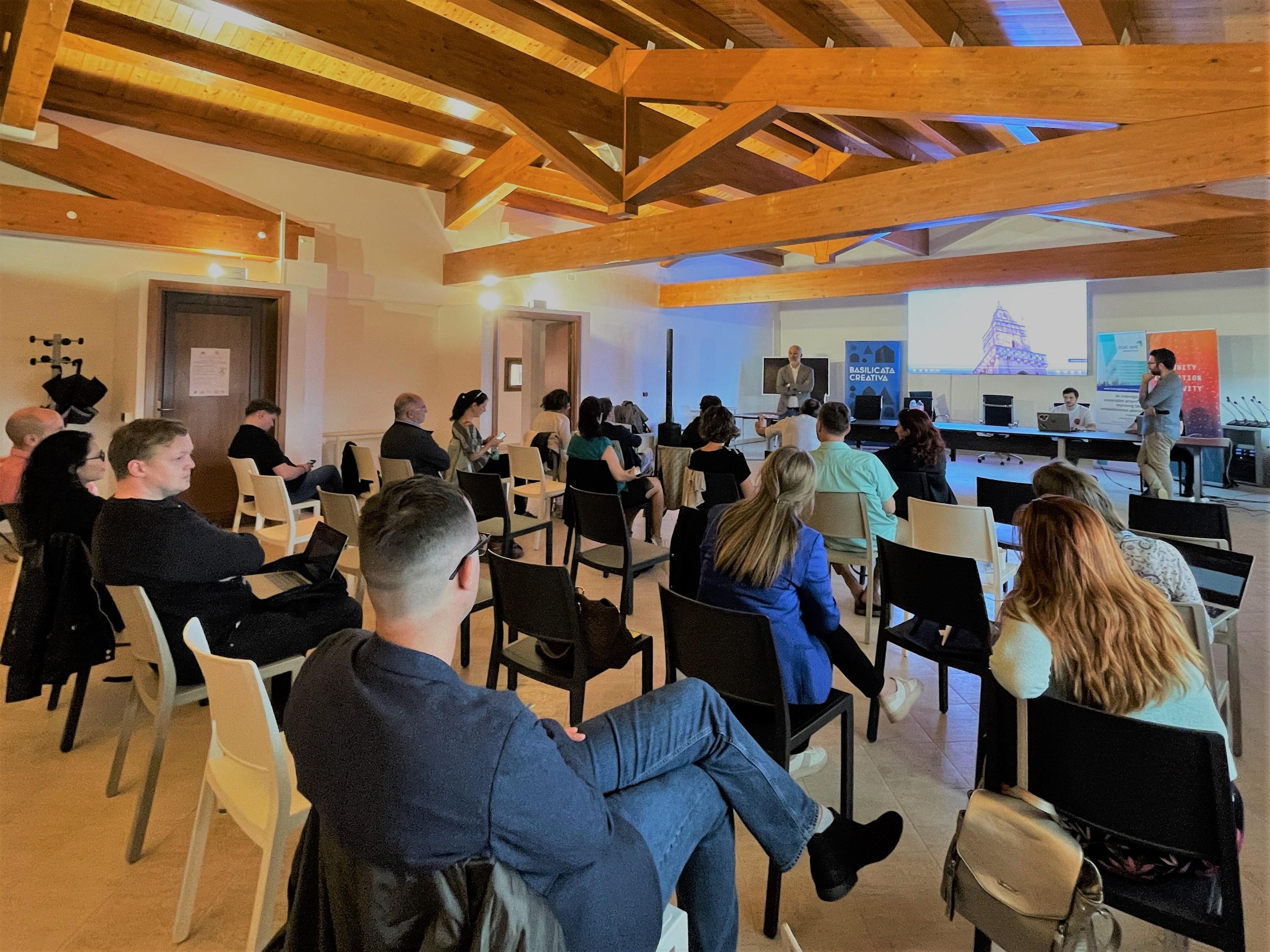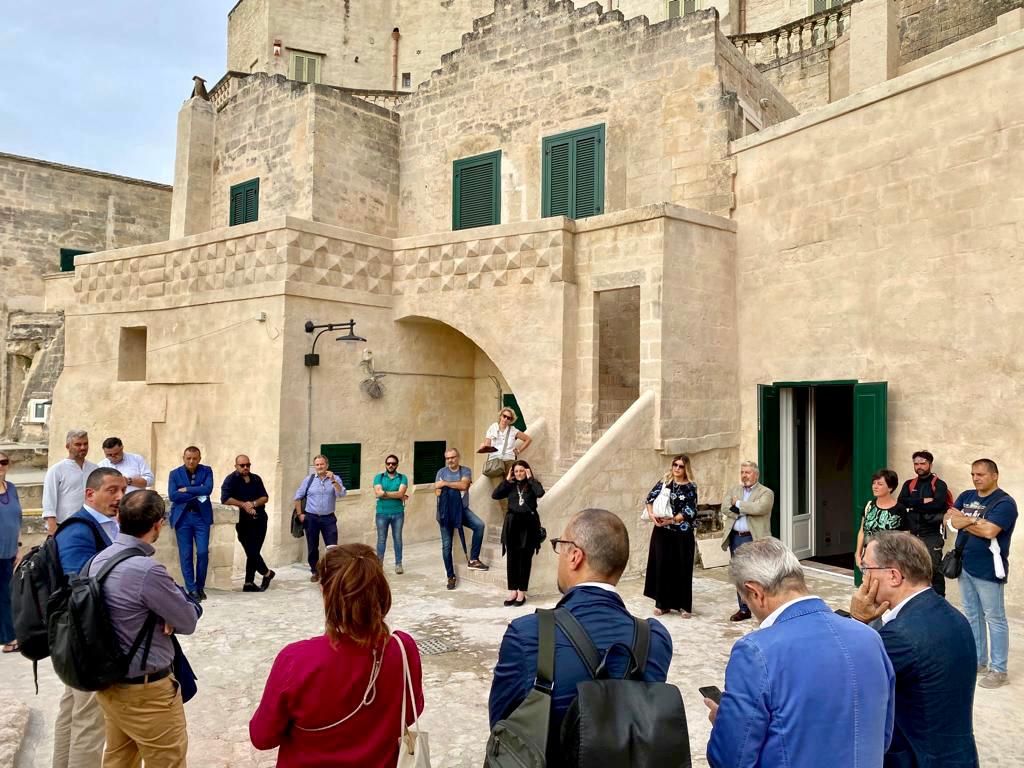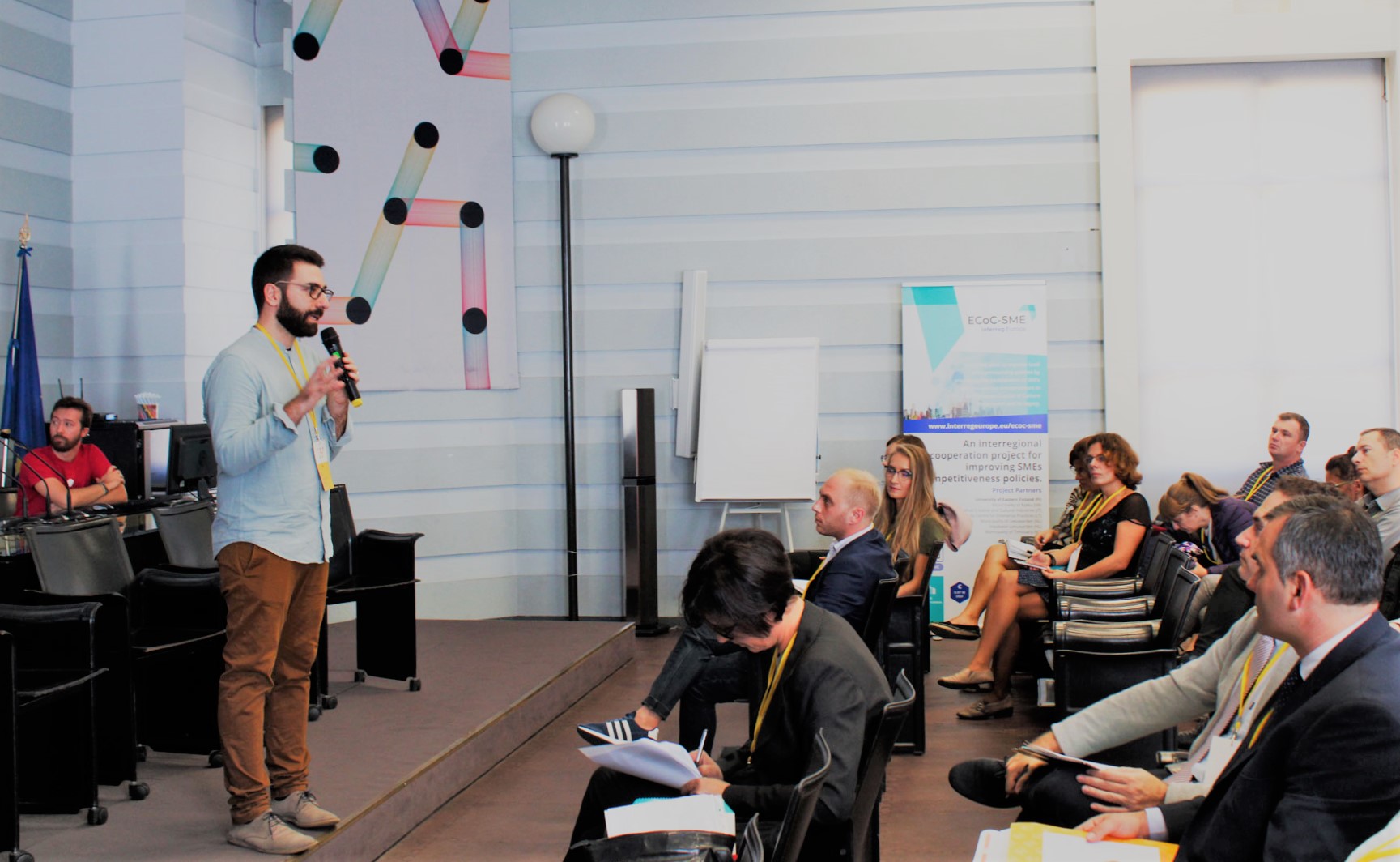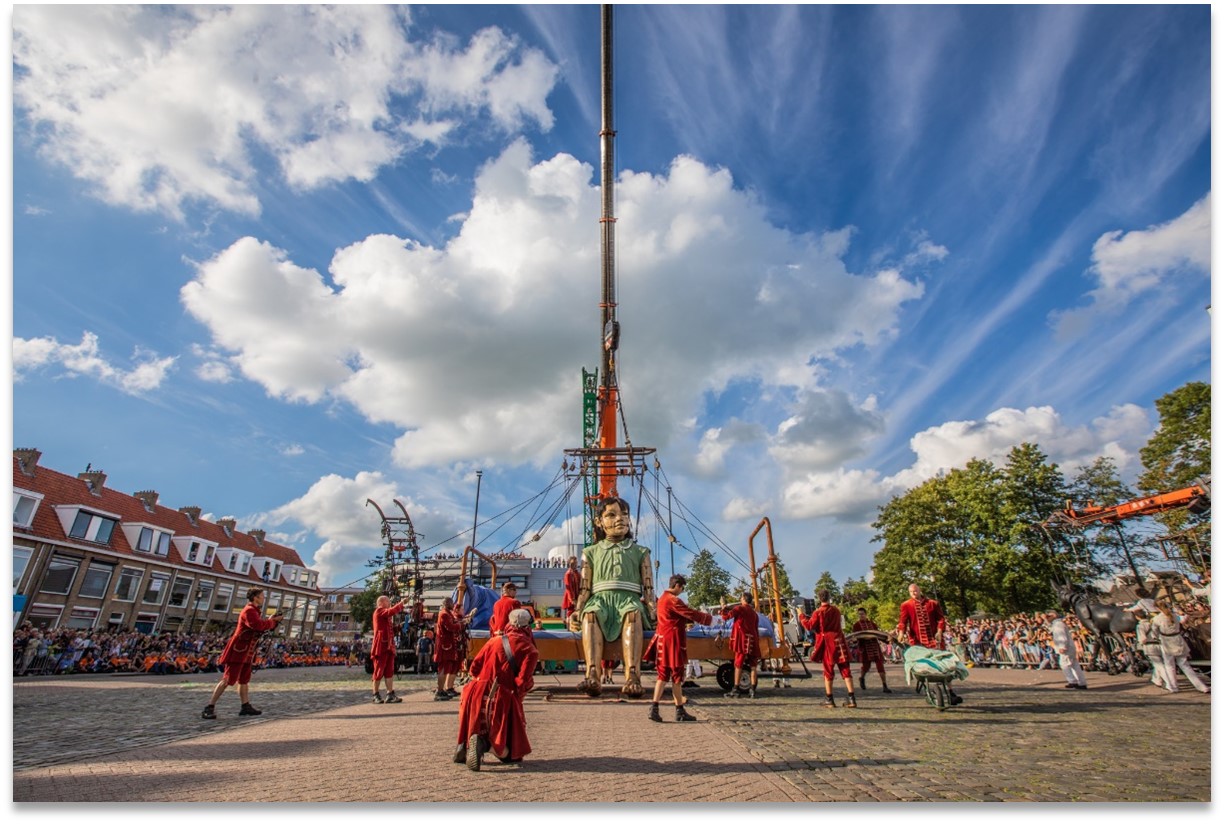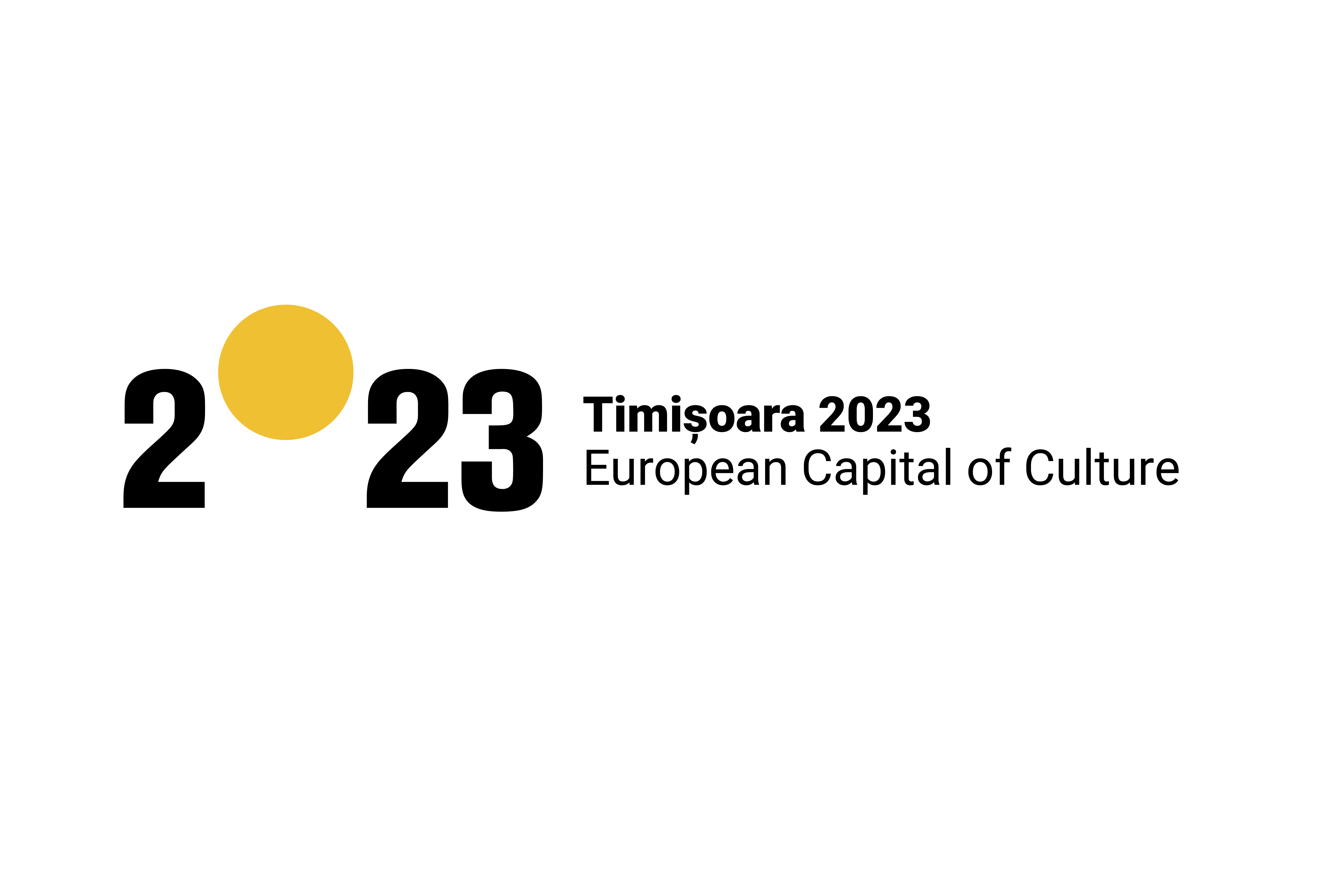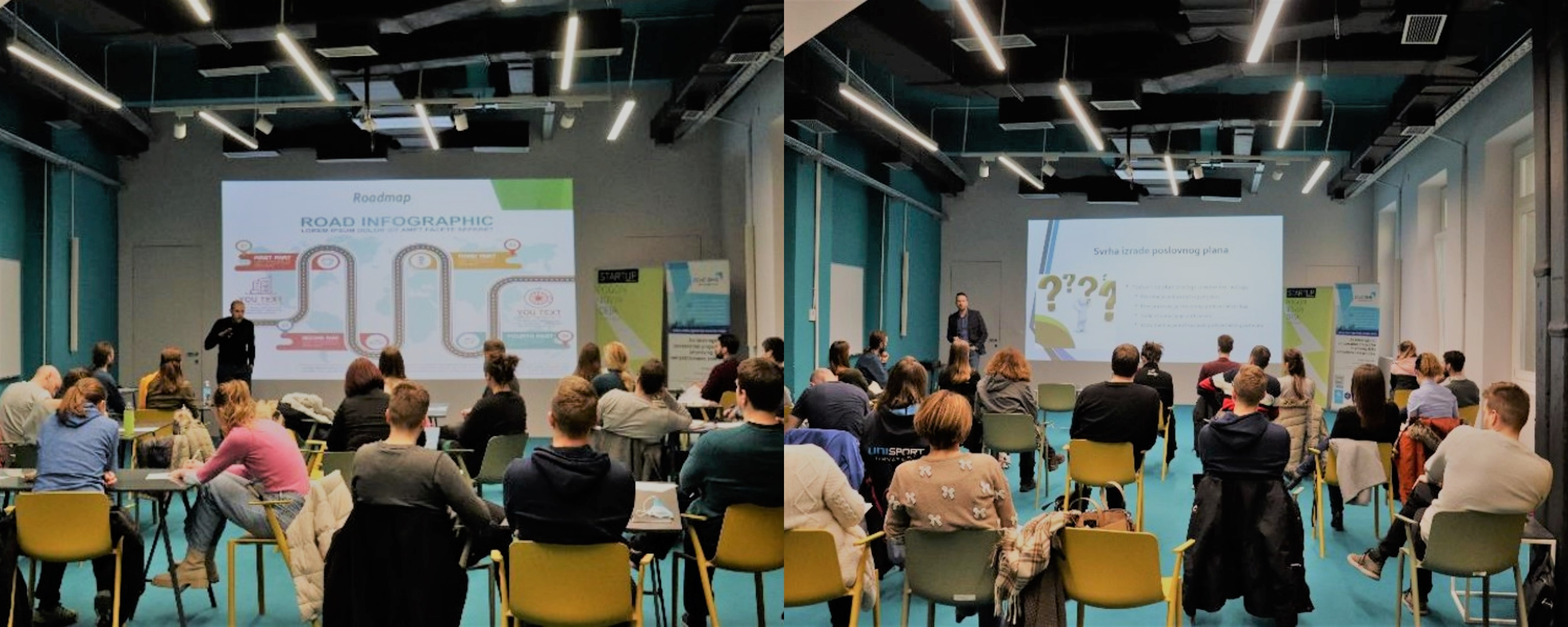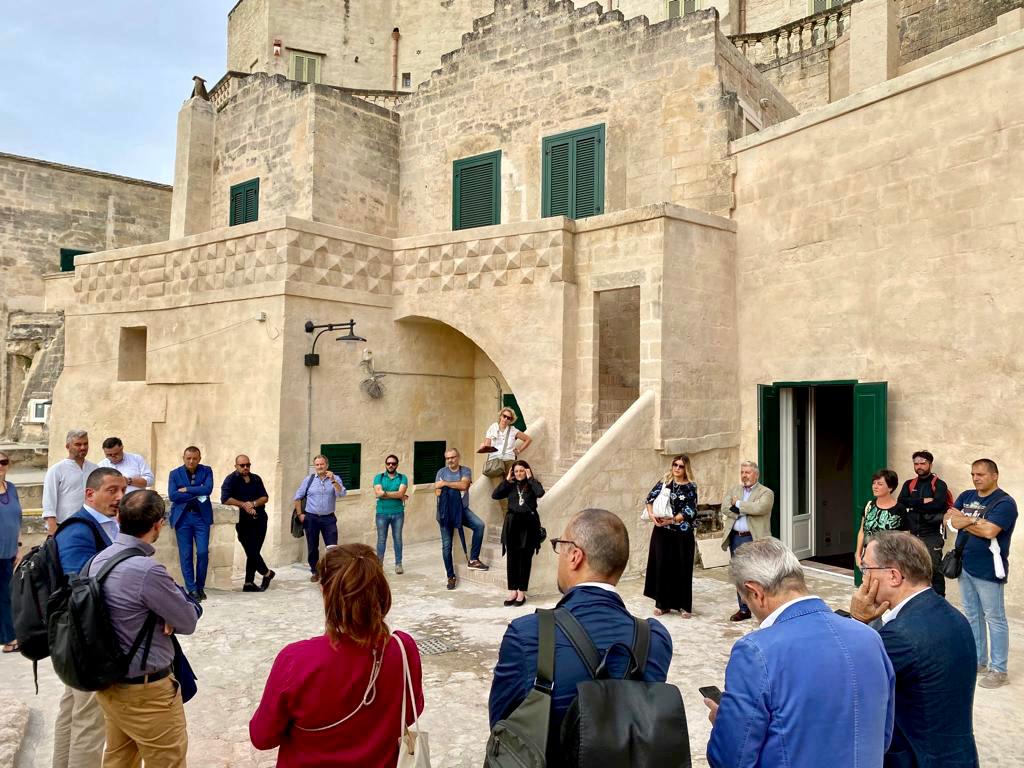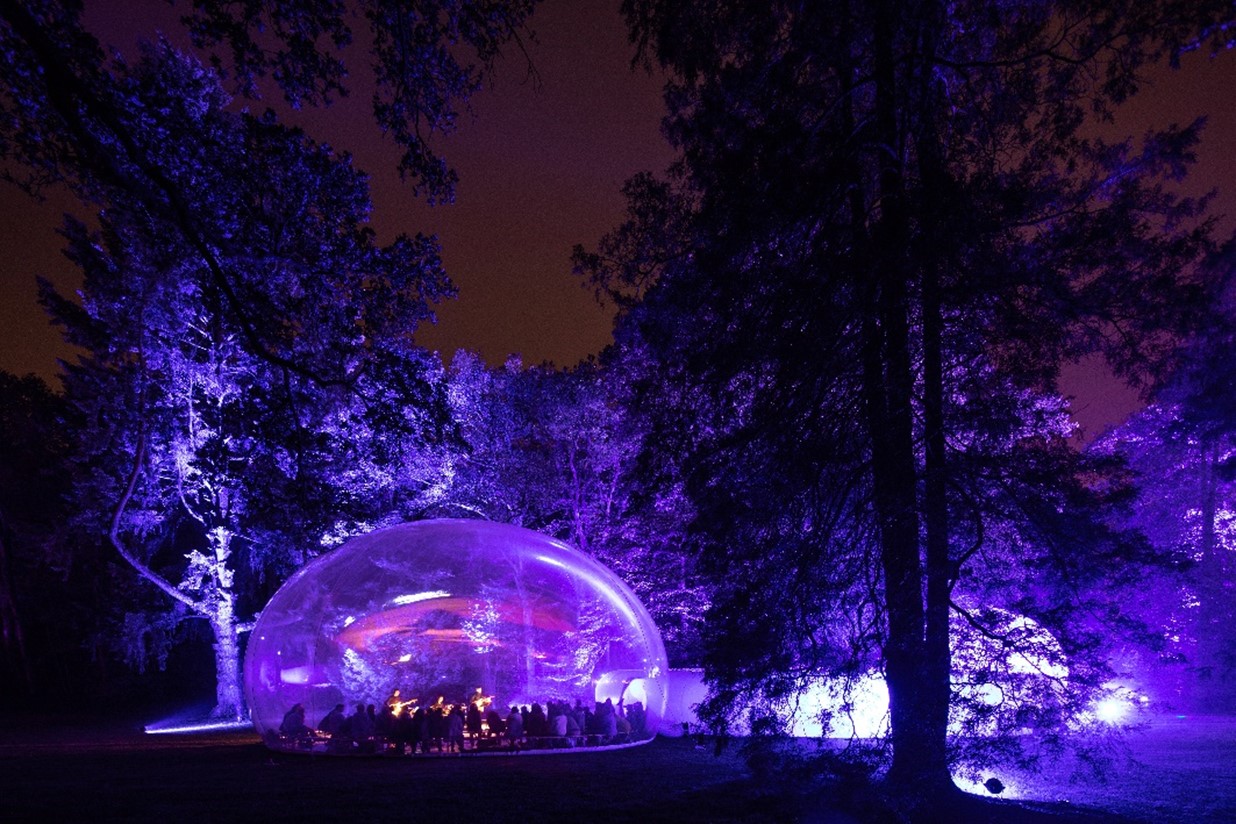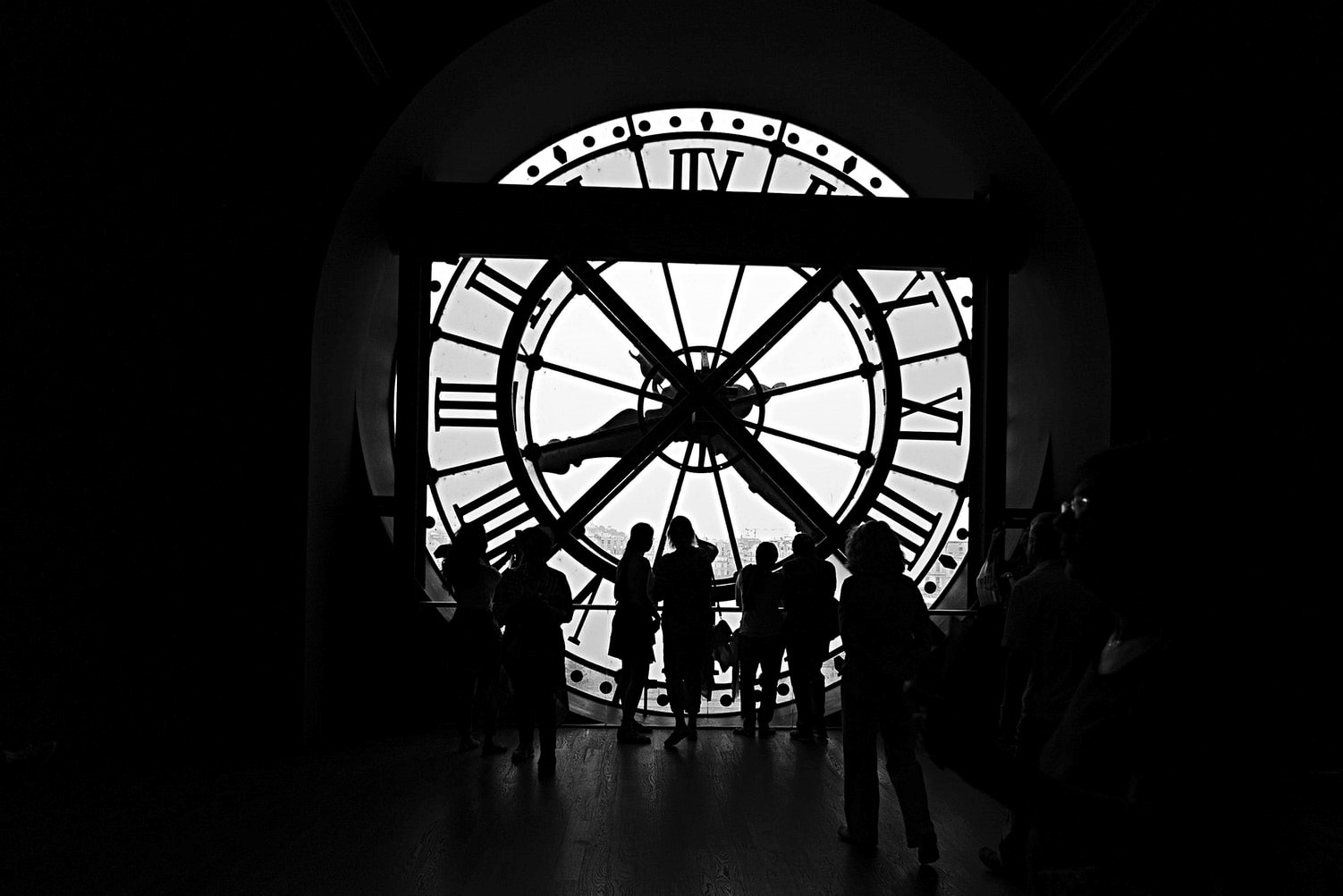 Two employees of the Saimaa Phenomenon 2026 (ECoC candidate of Finland for the year 2026,) team took part in the ECoC-SME project workshop on the 11th of November, where project partners from Leeuwarden, Matera, Rijeka, Timisoara and Kaunas shared their experiences and good practices from the Local Learning Labs concerning the topics of SME and start-up activation in European Capitals of Culture (ECoC) and Cultural and Creative Industries (CCI) context as well as good experiences in the case of cross-sectoral co-operation.
Two employees of the Saimaa Phenomenon 2026 (ECoC candidate of Finland for the year 2026,) team took part in the ECoC-SME project workshop on the 11th of November, where project partners from Leeuwarden, Matera, Rijeka, Timisoara and Kaunas shared their experiences and good practices from the Local Learning Labs concerning the topics of SME and start-up activation in European Capitals of Culture (ECoC) and Cultural and Creative Industries (CCI) context as well as good experiences in the case of cross-sectoral co-operation.
From the point of view of a candidate city, who is just at the beginning of the ECoC process, it was very useful and important to hear the experiences of the cities who have already had their ECoC year or have been given the title. It seems that there are similar challenges and issues concerning the cooperation between ECoC, CCI and other sectors in all the ECoC cities and regions across Europe. It was also very relieving to hear about the wonderful good practices that already exist. There is no need to reinvent the wheel, so to speak, but to take advantage of existing models and solutions.

The Saimaa Phenomenon team will most definitely contact the ECoC-SME partners for further information about some of the good practices. The most interesting good practices or plans for the future from the point of view of Saimaa Phenomenon were Open Design School for knowledge sharing and cultural welfare cooperation models of Matera, digital cross-sectoral cooperation platform of Kaunas and Blokhuispoort-model of Leeuwarden for making good use of empty spaces in the city centre. It seems that the challenges that these good practices are trying to solve are widely common in Europe. For example, COVID-19 has changed the social encounters of people, and there is a need for new digital models for cooperation between people and different sectors, also in the ECoC context.
Anu-Anette Varho, one of the regional coordinators of Saimaa Phenomenon, thinks that probably the best lessons learned from ECoC-SME network is how to get entrepreneurs of the creative sector involved right from the start of the ECoC process and how the Saimaa Phenomenon can support small entrepreneurship in the region. In this connection, the coordinators have already invited e.g. entrepreneurs of Eastern Finland for discussions and started to search a common ground and synergy benefits with different projects, for example with the Saimaa Geopark.
“For me, the biggest insight from working with this ECoC-SME community came in Matera where we discussed how big of a dynamo this ECoC process can be for regional development. The mayor of Savonlinna also calls for permanence. In my opinion, even this multi-stage processing of content and activities creates a change that is positively reflected in the creative industries”, Varho says.
